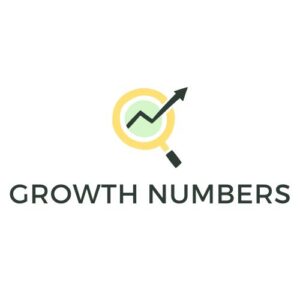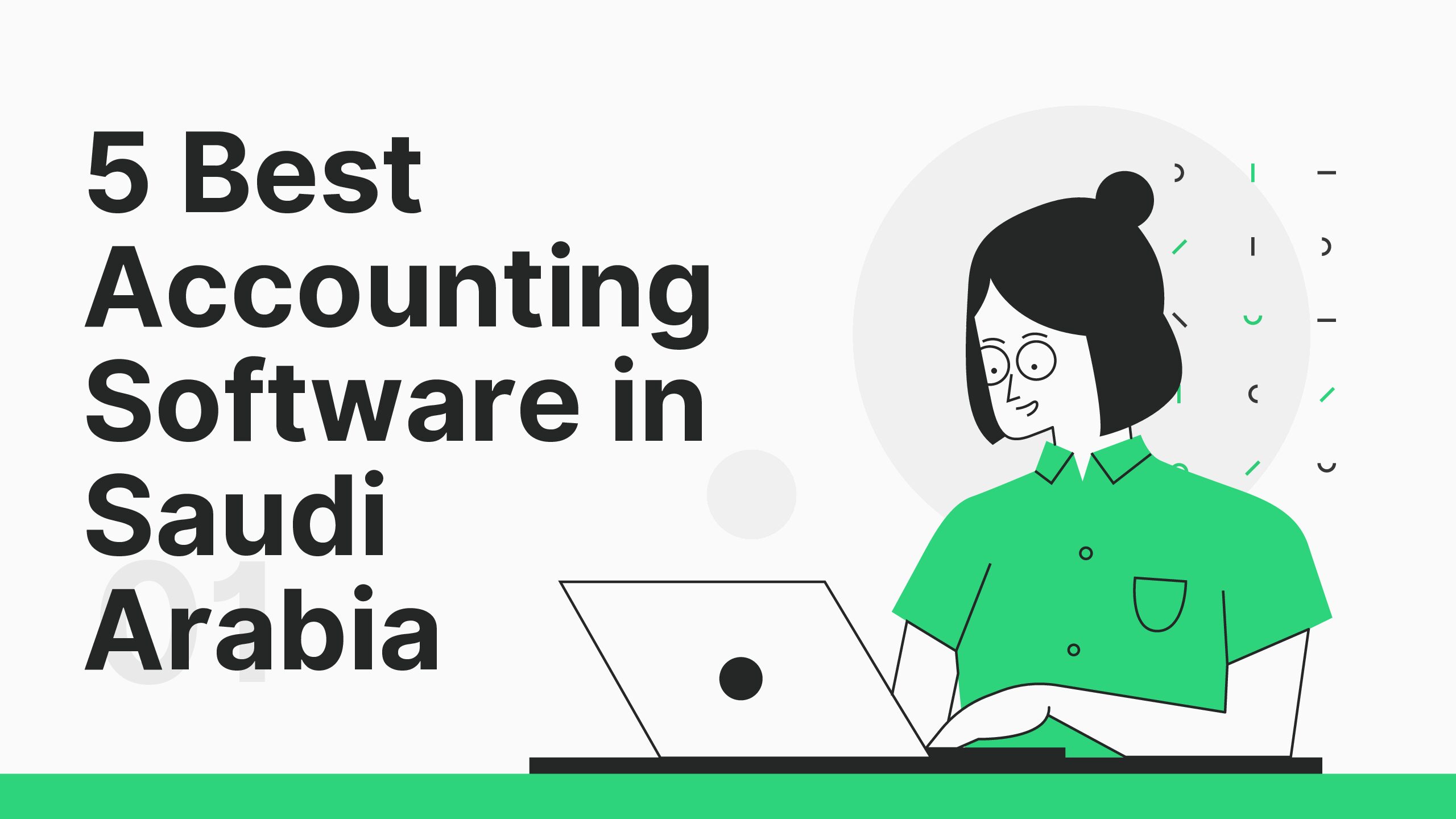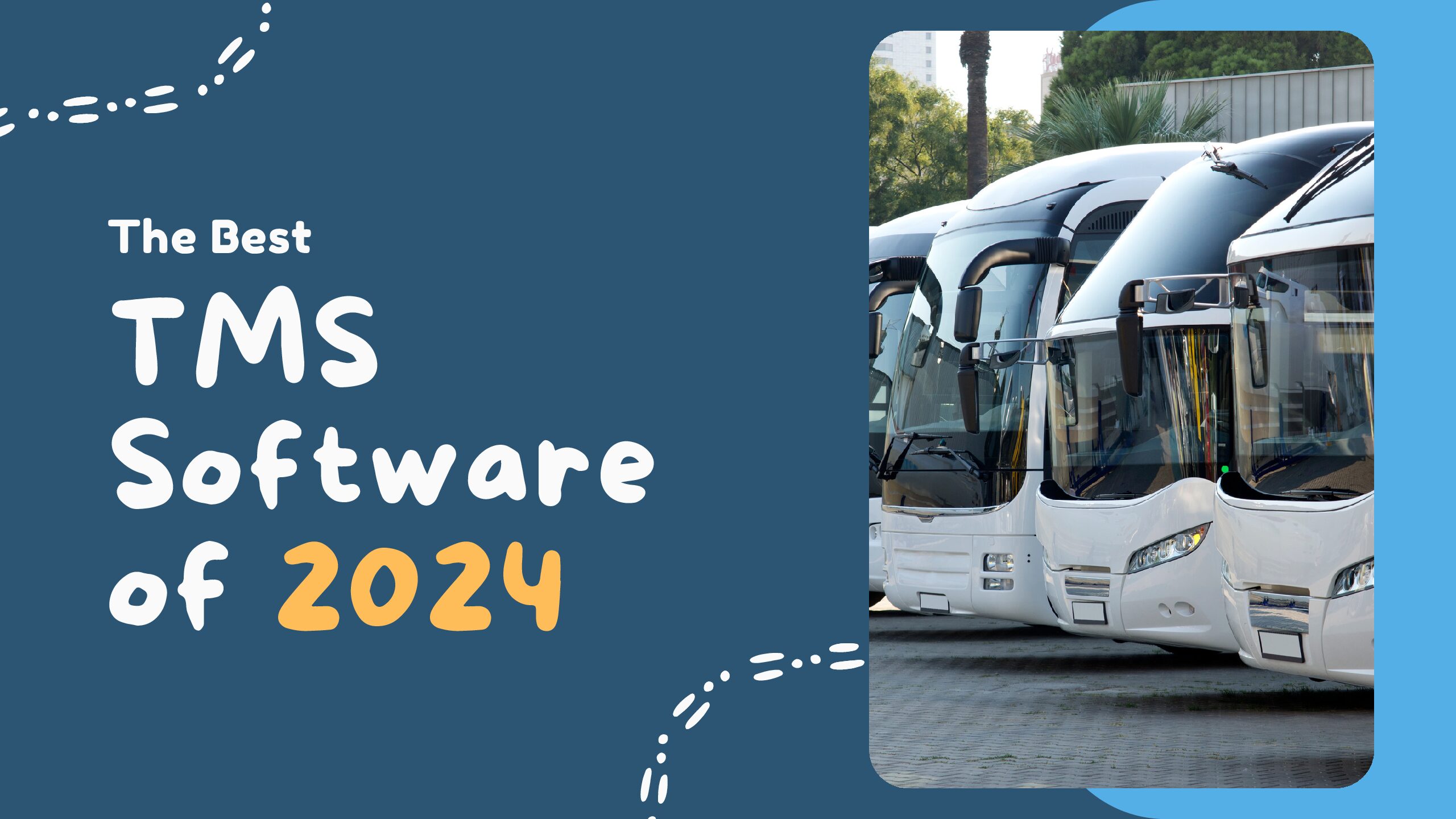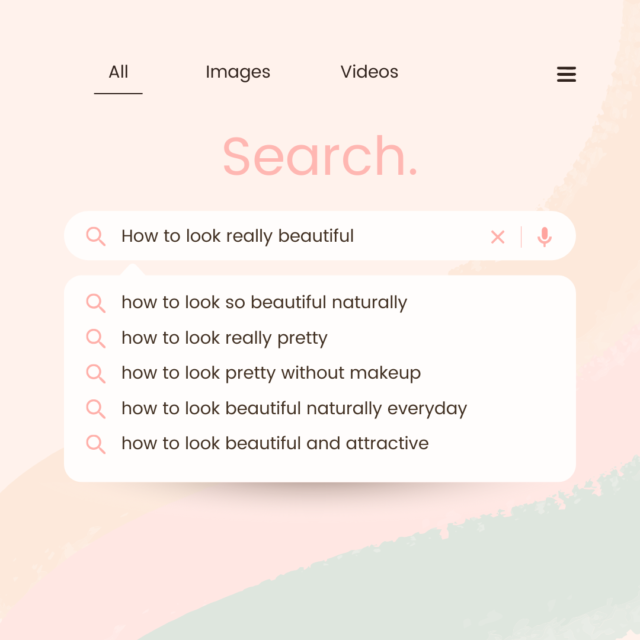Countless individuals rely on search engines like Google to discover the latest news, valuable information, various products, and essential services. Therefore, your business’s website must appear prominently in search results for relevant keywords if you wish to connect with these vast audiences.
It can be incredibly frustrating for an SEO specialist when a webpage fails to appear in search results despite their best efforts. Picture this scenario: you have a fantastic product, effective sales strategies, and a well-designed website, and yet, not a single order comes through. It’s disheartening, right? The question of why a website is not visible on Google is a common concern many face.
Why is my website not showing up on Google is a common question I get to hear from SEOs and Marketers alike.
Here is an ultimate to guide to get you up to speed on how to manage a successful SEO Campaign and be seen on Google.
What is Google Search Console?
Google Search Console (GSC) is a valuable tool that lets you track your website’s search performance and technical SEO status.
It provides insights on different metrics, ranging from search visibility to user engagement, which can assist you in enhancing your website and attracting more visitors from Google.
With GSC, you can analyze your website’s performance on Google, identify the pages that are being indexed, submit sitemaps and URLs for crawling, pinpoint technical SEO issues, and much more.
It is a comprehensive tool that empowers you to optimize your website effectively and make the most out of Google’s search engine.
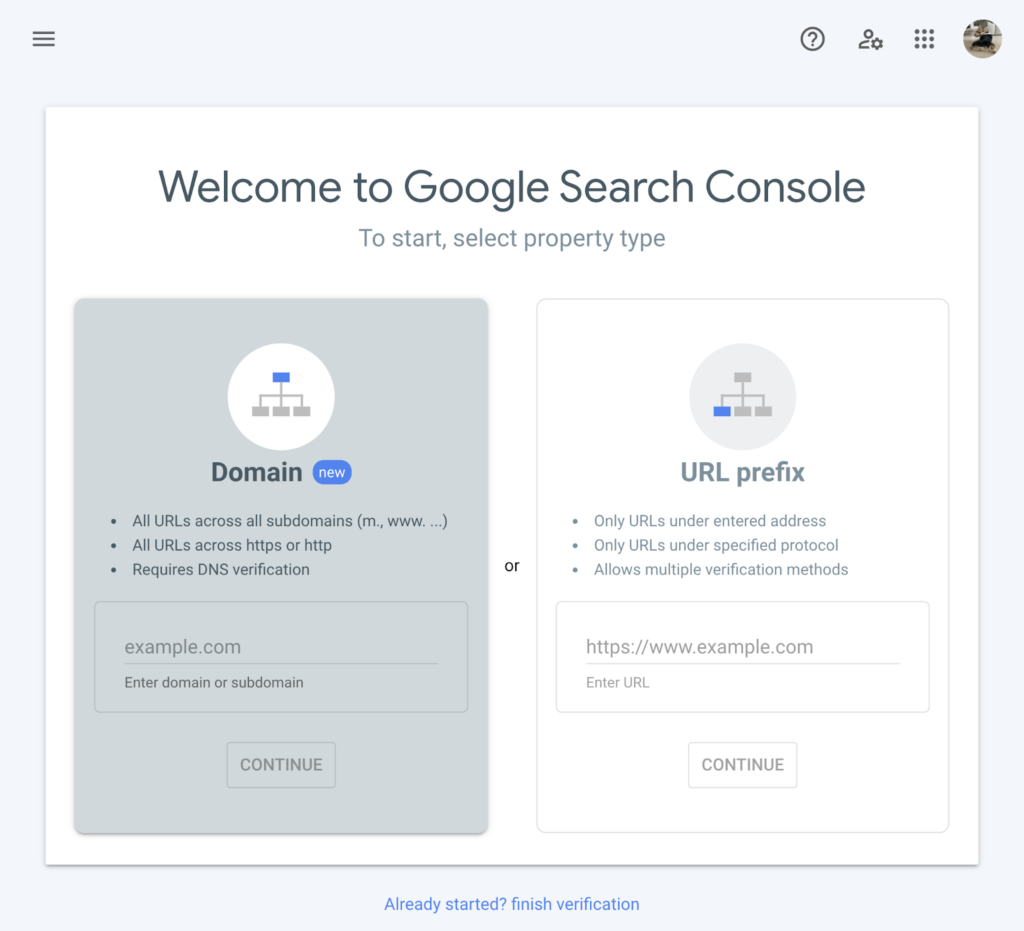
Importance of Google Search Console?
Google Search Console is a valuable tool for a wide range of people, not just limited to website owners.
Business owners, especially those with an online presence, can benefit from understanding how to optimize their site for search and monitor site traffic. By pairing it with a Google Business Profile, you can significantly increase your online reach and visibility.
SEO professionals and marketers can leverage Google Search Console to track traffic and engagement, gaining insights into the effectiveness of website changes. When used in conjunction with other Google tools like Analytics, Trends, and Ads, it offers a comprehensive view of a site’s performance. This can help in making informed decisions to improve search traffic.
Site administrators and web developers can utilize the tools provided by Google Search Console to ensure the health and functionality of their websites.
By monitoring site-loading issues and security concerns, they can address potential problems before they escalate. For web developers, the tool can assist in identifying and resolving common markup issues, contributing to a smoother user experience.
Whether you are a business owner, SEO professional, marketer, site administrator, or web developer, Google Search Console offers valuable insights and tools to enhance your website’s performance and address any arising issues promptly.
Foundational Things You Need to Know About
When searching on Google, you are not looking for your entire website, but rather a specific page within it.
If Google is unaware of or does not consider a page deserving of a high ranking, it will not appear prominently in search results. Therefore, it is important to focus on optimizing individual pages rather than the entire website.
Three conditions must be met for a website to appear on Google:
1) Google must be aware of the website and able to access its important pages,
2) there must be a relevant page for the desired keyword, and
3) the page must be more deserving of ranking than other pages from different websites.
The issues we address below mainly revolve around these factors. Now, let’s move on to the simpler aspects.
13 reasons why your site isn’t showing up on Google
There could be various reasons why you might be wondering why your website is not appearing on Google search results.
If you are facing this issue, here are 14 possible explanations as to why your website is not ranking well on Google or not showing up at all.
- Your website is too slow
- Your website is too new
- Your Website Does Not have a sitemap
- Your website contains “no index” tags
- Google isn’t crawling your website
- Your website has a penalty
- You’re lacking high-quality backlinks
- Your keywords are too competitive
- Your website doesn’t provide a good user experience (UX)
- Your page is lacking “authority”
- Your web page doesn’t align with “search intent”
- You have duplicate content issues
- Your keyword market is competitive
- Your site has security issues
Page Speed Impacts Google Indexing: #1 Reason Why is My Website Not Showing Up on Google
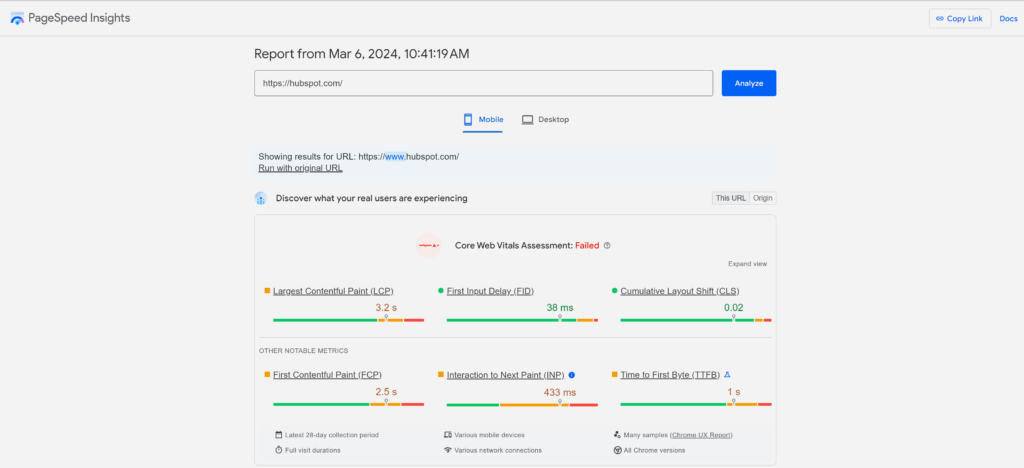
The loading speed of web pages has long been believed to have a positive effect on their rankings in Google search results. This belief is based on the measurement of speed, which is determined by how quickly a page loads after a user clicks on a link in the search results. Recently, Google has started using Core Web Vitals metrics to evaluate page loading speed, further reinforcing the connection between speed and rankings.
Google’s PageSpeed Insights tool is often used to measure the loading speed of web pages. This tool has contributed to the notion that speed plays a role in search rankings. The underlying reasoning behind this is that Google aims to provide users with a positive browsing experience, and fast-loading pages are considered advantageous in achieving this goal.
The concept of speed as a ranking factor is closely tied to the desire for instant page loading. This was the motivation behind the development of Accelerated Mobile Pages (AMP), which aimed to deliver near-instantaneous loading times. However, it is important to note that prioritizing speed over content relevance may not always be beneficial.
Google emphasizes that relevance is the primary ranking factor, and fast-loading pages should not overshadow more relevant content that better addresses users’ queries. Ultimately, while page speed remains important for user experience, its direct impact on search rankings may vary depending on other factors such as content quality and relevance.
You Just Launched a Brand New Website: #2 Reason Why is My Website Not Showing Up on Google
SEO requires patience. For a new website, it’s important to understand that achieving a high ranking on search engines like Google doesn’t happen overnight. Building a strong online presence takes time and effort. It’s crucial to focus on creating valuable content and establishing a network of quality backlinks to improve your website’s visibility.
It’s common for new websites to experience a period of low visibility in search results, known as the Google Sandbox. During this time, Google evaluates the credibility and relevance of the website before allowing it to rank higher. This waiting period can last anywhere from three to six months, depending on various factors such as the industry and the website’s quality.
Instead of getting discouraged by the slow progress, use this time to enhance your website’s content and develop a solid backlink strategy. Remember that SEO is a long-term investment, and the results may not be immediate. Stay consistent in your efforts, and over time, you will see improvements in your website’s ranking and organic traffic.
Google Has Penalized Your Site: #3 Reason Why is My Website Not Showing Up on Google
Google strongly discourages any attempts to manipulate search rankings through spammy tactics. They have established specific guidelines and expectations for optimizing and structuring websites. It is possible that unintentionally, you may have violated some of these rules, resulting in penalties from Google.
One of the penalties that Google imposes is called Manual Action. If you previously had a good ranking or believe that your website deserves better visibility, it is advisable to check the Google Manual Actions report. This report highlights any issues that need to be addressed to rectify the penalty.
The Google Manual Action report is generated when a human reviewer at Google identifies certain violations on your website.
These violations can include having a hacked site, user-generated spam, spammy-free hosting, problems with structured data, unnatural links to or from your site, thin content, cloaking or sneaky redirects, pure spam, cloaked images, hidden text or keyword stuffing, AMP content mismatch, or sneaky mobile redirects.
Google provides clear instructions on how to resolve each of these issues, enabling you to regain compliance with their guidelines.
Your Target Keywords Are Too Competitive: #4 Reason Why is My Website Not Showing Up on Google
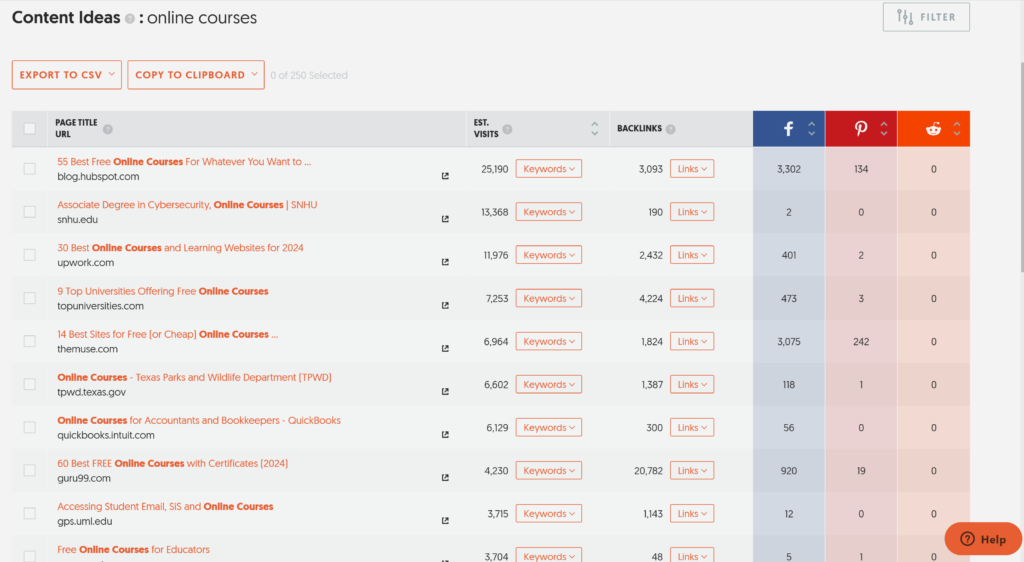
Many websites fail to achieve a high ranking because they choose to target keywords that have a significant amount of competition. The level of competition directly impacts the amount of effort required for your website to reach the first page of search results, especially if you aim to secure a top position.
For instance, keywords like “online course” are highly competitive, with the first page dominated by well-established websites that boast thousands of inbound links. When analyzing the top results for keywords such as “ordering systems” using tools like Ubbersuggest, it becomes evident that the number of backlinks plays a crucial role in determining search rankings.
It’s important to note that the link database provided by Ubbersuggest may not be as comprehensive as Google’s, meaning that the websites analyzed could potentially have even more links that have not yet been indexed. This highlights the immense challenge faced by new websites targeting competitive keywords like “credit cards.”
Without a substantial PR and SEO budget, it would be incredibly difficult to accumulate the millions of links required to compete in this fierce landscape. Therefore, before embarking on an SEO campaign, it is crucial to thoroughly assess the competition for all your target keywords.
To gain a better understanding of your competitors and the level of competition for your chosen keywords, it is advisable to utilize tools such as Moz, Majestic, or Ahrefs. These software solutions can provide valuable insights into your competitor’s strategies, allowing you to identify areas where you need to match or surpass their efforts.
By conducting a thorough competitor analysis and being aware of the competition, you can make informed decisions when creating content and building links for your website.
This knowledge will significantly increase your chances of achieving a higher ranking for your target keywords and ultimately drive more organic traffic to your site.
Poor on-page optimization: #5 Reason Why is My Website Not Showing Up on Google
Ensuring that your website is properly optimized for organic search is crucial for its visibility on search engines like Google.
While outreach and link building are important, factors like keyword page titles, XML sitemaps, and keyword density play a significant role in helping search engines understand the content of your website. If your website has strong backlinks and relevant content but still isn’t ranking well, it could be due to poor on-page optimization.
On-page optimization encompasses various aspects that every SEO professional should be familiar with. In our comprehensive guide to optimizing a newly launched website for search engines, we provide actionable tactics to enhance your website’s title tags, meta descriptions, and overall on-page structure.
Effective title tags should be keyword-rich, enticing, concise, and natural. Meta descriptions, on the other hand, should be unique, contain keywords, and not exceed 160 characters. Additionally, using alt tags with relevant keywords can significantly improve your page’s search ranking.
It is also important to pay attention to other crucial steps in on-page optimization. Creating an XML sitemap allows search engines to easily discover and index all the pages on your website.
Adding canonical tags helps prevent duplicate content issues, and regularly crawling your website ensures that it is not hindered by any errors. If you are new to SEO and need assistance with on-page optimization, tools like Yoast SEO for WordPress (free) and the Moz On-Page Grader (paid) can help you identify and resolve any on-page optimization issues that may be affecting your website.
Once you have optimized your page titles, image tags, and other on-page elements, you can shift your focus to creating high-quality content and building links to further enhance your website’s visibility.
Thin content: #6 Reason Why is My Website Not Showing Up on Google

Is your website lacking the necessary substance for Google to rank it? Google’s algorithm is designed to prioritize the most relevant and helpful search results.
According to data from SerpIQ, pages that rank highly for competitive keywords typically have over 2,000 words of unique content.
Therefore, if your content is short and simplistic, it may not be considered substantial enough by Google to be deemed relevant for your target keywords.
Google values content that provides value and substance, so it’s important to ensure that your website meets these criteria.
To rank well on Google, marketers must prioritize creating an exceptional user experience. This became especially important after the Panda algorithm update in 2011, which caused many websites to experience a significant decrease in search authority.
If your website has great inbound links but lacks high-quality content, it may be hindering its ability to rank. By improving the quality and substance of your content, you can potentially boost your rankings and increase your visibility on search engines.
To enhance your website’s content, it is crucial to expand its length and level of detail. If your competitors have pages with 2,000 words or more of unique content, and yours only has 500 words,
it’s important to expand your content to surpass theirs in terms of length, detail, and quality. Additionally, incorporating relevant subheadings with your primary and related keywords can help attract additional search traffic.
It is essential to create content that is high-quality, educational, insightful, and personal. By focusing on the needs and preferences of your target audience rather than solely catering to search engines, you increase the likelihood of your content being consumed, shared, and ultimately improving your search ranking.
Lack of Backlinks: #7 Reason Why is My Website Not Showing Up on Google

Despite conducting a thorough analysis of your competitors, optimizing the on-page elements of your website, and producing top-notch content in your niche, your website is still languishing on the third page of search results.
The traffic it receives is meagre, primarily coming from long-tail keywords, and there is little commercial activity to speak of.
When you focus on simple keywords that face minimal competition, effective on-page optimization is often sufficient to secure a spot on the coveted first page. However, when you target highly competitive keywords, a combination of exceptional content and high-quality backlinks becomes crucial for achieving first-page rankings, particularly within the top five results.
If your business is struggling to rank despite having superior content and on-page optimization compared to your competitors, it is likely due to a lack of sufficient backlinks.
Google’s algorithm relies on two key factors to determine the suitability of a page as the best search result for a given keyword: relevance and approval.
Relevance is determined by analyzing the page’s topic, including keyword density, headings, title tags, and other on-page elements, as well as the anchor text of inbound links.
Approval, on the other hand, is assessed based on popularity signals such as the number and value of inbound links, as well as the quality of the pages hosting these links. In essence, the more and better links your website has, the higher its chances of securing a prominent position on the first page of Google’s search results.
Bad link-building practices: #8 Reason Why is My Website Not Showing Up on Google
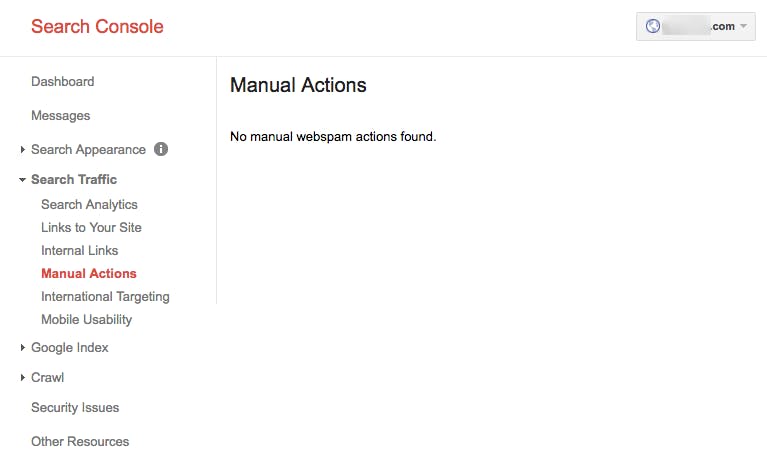
Your website’s failure to rank for its target keywords may be attributed to a manual or algorithmic penalty imposed by Google. The search engine giant is well aware of unethical practices such as private blog networks, paid links, spam links, and hacked links commonly associated with black hat SEO.
In response, Google has implemented measures like the Penguin updates and mass de-indexing to combat these practices.
If your website previously ranked for its target keywords but has now dropped significantly or is buried deep in the search results despite having superior on-page content and a stronger link profile compared to your competitors, your website may have been penalized either manually or algorithmically.
To check for any manual actions or penalties, you can access the Google Search Console. Simply navigate to the “Search Traffic” section and click on the “Manual Actions” tab to see if Google’s webspam team has taken any actions against your website.
Manual penalties are typically imposed for engaging in questionable link-building practices, such as utilizing paid links or engaging in webspam. In some cases, websites may also receive penalties for on-page optimization issues like keyword stuffing, although these instances are relatively rare. Unlike other ranking factors, rectifying manual penalties can be extremely challenging.
While you can request Google to disregard harmful links using the Disavow Tool, there is no guarantee that your request will be honored, especially if the links were a result of your own link-building efforts.
Another option is to manually reach out to the owners of these harmful links and request their removal, but this process can be time-consuming and there is no assurance that your rankings will improve even after the penalized links are removed.
Given the severity and difficulty of reversing manual penalties, it is advisable to focus on avoiding penalties altogether rather than attempting to reverse them later on.
Your Website Does Not Have A Sitemap: #9 Reason Why is My Website Not Showing Up on Google
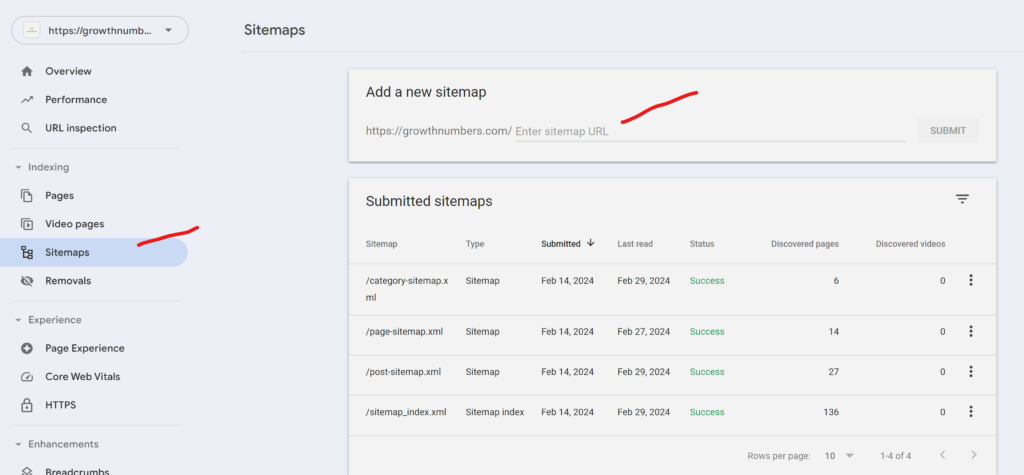
To enhance the visibility of your website on Google and improve its ranking, one effective method is to submit a sitemap through Google Search Console.
This sitemap serves as a roadmap for search engines, guiding them to crawl and index the various pages on your website. Although immediate crawling may not occur, you will receive a notification confirming the submission of your sitemap, with the assurance that it will be crawled in due time.
What exactly is a sitemap, you may wonder?
Essentially, a sitemap is a structured list of all the pages present on your website, designed to provide search engines with a clear overview of your website’s content and organization. By submitting a sitemap, you are facilitating the process for search engines to comprehend the structure of your website and index its pages effectively.
Submitting a sitemap is a straightforward process that can be done through Google Search Console.
By logging into your account, navigating to the sitemaps section, and following the provided instructions, you can easily submit your sitemap for Google to review. This action not only helps Google better understand your website but also increases the likelihood of your pages being crawled and ranked appropriately in search results.
Your Pages are Marked “noindex”: #10 Reason Why is My Website Not Showing Up on Google
One possible explanation for your website not appearing in Google’s index is that there may be a technical directive in your robots.txt file or a specific noindex directive at the page level. It is even possible that you are unaware of these actions being taken.
When a page is marked as noindex, it essentially informs search engines that you do not want those particular pages to be included in Google’s database. While there may be valid reasons for doing this occasionally, in most cases, it is preferable to have your pages indexed by Google.
To determine whether your pages have been labelled as noindex, you can examine the source code of your website.
Alternatively, if your website is built using a content management system like WordPress, you can easily navigate to the “Page” section and check the page directives located to the right of each page name in the main window.
Google Released a New Algorithm Update: #11 Reason Why is My Website Not Showing Up on Google
Google’s frequent algorithm updates can often be the root cause of website problems. These updates alter the methods by which Google discovers and evaluates web pages, thereby impacting a large number of websites online.
Determining whether your website has been affected by an algorithm update can be a challenging task. However, you can stay informed about the latest updates by visiting our Martindale-Avvo blog. Additionally, you can utilize tools like Panguin, which integrates with your analytics data to assist in identifying any correlation between drops in website traffic and Google Algorithm changes.
Your Competition is Nailing You: #12 Reason Why is My Website Not Showing Up on Google
Optimizing your website to rank on the first page of Google is a common goal shared by many businesses, including your competitors.
It’s important to recognize that you are not alone in this endeavour.
Your competitors are likely putting in just as much effort if not more, to improve their website’s visibility.
Rather than viewing SEO as a battle against Google, it’s more accurate to see it as a competition against other businesses in your industry or niche.
To achieve higher rankings, you need to surpass your competitors in terms of content quality and backlink generation.
This requires a combination of hard work and strategic thinking. By consistently producing valuable content and building a strong network of backlinks, you can increase your chances of outperforming your competitors.
It’s important to acknowledge that some of your competitors may already be ahead of you in terms of SEO.
They may have superior on-page content and more authoritative links, which gives them an advantage. However, this shouldn’t discourage you.
By continuously improving your SEO strategies and staying updated with the latest industry trends, you can gradually catch up and even surpass your competitors. Remember, success in SEO is a result of both hard work and smart tactics, and with persistence, you can achieve the desired results.
Your web page doesn’t align with “search intent”: #13 Reason Why is My Website Not Showing Up on Google
Google’s primary goal is to prioritize the most beneficial and pertinent outcomes for every search query. It is crucial to ensure that your content matches the expectations and preferences of searchers. This concept is commonly referred to as search intent.
Failure to align your content with search intent significantly decreases the likelihood of achieving a high ranking on Google’s search results. By understanding what users are looking for and tailoring your content to meet those needs, you can improve your chances of appearing at the top of search engine results pages.
In order to increase visibility and attract more organic traffic to your website, it is imperative to focus on aligning your content with search intent. By providing valuable and relevant information that meets the needs of users, you can enhance your chances of ranking well on Google and reaching a wider audience.
Concluding Remarks
Achieving a high ranking on Google can be likened to navigating through a video game. Just like in a game, if you encounter technical issues such as a malfunctioning controller, your chances of success are significantly reduced.
Similarly, if your website has critical technical problems like incorrect meta tags or obstacles that hinder search engine crawlers, your efforts to rank well will be futile.
Once you have resolved any technical issues, it is essential to assess the competition and the level of difficulty you are facing.
Some keywords or niches may be easier to rank for due to weaker competition, while others may pose a greater challenge because of strong competitors. Understanding the landscape and your opponents’ strengths is crucial in formulating a winning strategy.
To improve your chances of ranking higher on Google, you may need to enhance your website’s authority and credibility through building backlinks and establishing a strong online presence.
Just like in a video game where you need to level up your character to take on tougher challenges, strengthening your website’s authority can help you compete more effectively in the search engine rankings.
So this is a wrap on our ultimate guide on “Why is my Website not showing Up on Google”.
I’d love to hear your thoughts in the comments section to further align our content moving forward with your requests.
